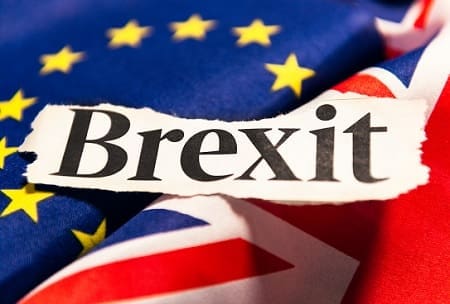Ask for more clarity on post-Brexit EU-UK trade deal
With less than 50 days left for the Brexit transition period to end, India joined with nine nations at the World Trade Organisation (WTO) to raise concerns over the lack of clarity on how bilateral EU-UK trade will be treated in the absence of an agreement, and also demand compensatory concessions for the foreseen loss of market opportunities.
“A number of delegations intervened at the recent market access committee meeting at the WTO to express their concern over the uncertainty that still loomed over a EU-UK trade deal despite the Brexit transition deadline of December 31 fast approaching,” a Geneva-based trade.
Since the EU is the second largest trading partner of India and the UK is amongst the top European nations with which the country trades (next to Germany), any change in trading terms between the UK and the EU can substantially impact the Indian business community. At the moment, there is no clarity about the kind of trade arrangement that will be in place between the UK and the EU once the transition period ends.
Apart from India, the countries which called out for more clarity on UK-EU trade terms post-December 31, include Australia, Canada, China, Indonesia, Mexico, New Zealand, Paraguay, the US and Uruguay.
“The countries demanded that both the UK and the EU ensure that there should be compensatory concessions that are extended to trade partners for the market opportunities that may be lost due to the terms of Brexit,” the official said.
Tariff quotas
A major point of concern is the proposed modifications to tariff rate quotas (TRQs) and its apportioning between the UK and rest of the EU. Since TRQs allow products within a certain pre-fixed limit to be imported at lower tariffs into the EU, which included the UK before Brexit, its distribution between the two could potentially reduce the flexibility for trading partners to use these quotas and may lead to commercial losses.
The representing countries said that the EU and the UK should make sure that they are not ‘crowded out’ of the access that they negotiated in good faith under the MFN (most favoured nation) quotas of the WTO.
The EU said that negotiations are still ongoing with trade partners who have recognised rights, and are progressing well. It said that it was moving towards a constructive finalisation of discussions with many members, possibly by the end of the year.
The UK said it was committed to engage in good faith with members and it wanted to maintain the existing balance of rights and obligations with its trading partners.

